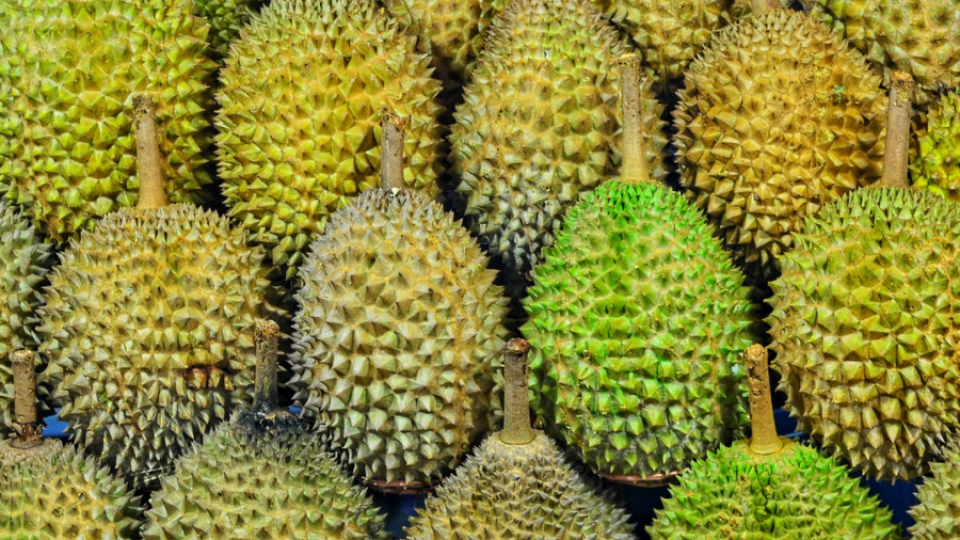January 2, 2024
KUALA LUMPUR – THE KING of fruits, the durian, is one of South-East Asia’s most prized fruits. While some might find the pungent aroma overbearing, many relish it. The bittersweet creamy taste of durians is unrivalled to its fans. Love it or loathe it, its fame spread across continents. Durians seem to be abundant now; you may have noticed that they have been sold throughout the year, especially in recent years.
So is it true that it’s a non-seasonal fruit now?
Unlike other domestically-grown fruits like bananas and pineapples, a durian tree takes years – sometimes eight to 10 – to grow and bear fruit, and is still technically a seasonal fruit.
The green-spiked skin tropical fruit can usually be seen lining the markets and food streets from June to August.
But if you are wondering why some stalls seem to have a never-ending supply of the fruit, that’s because the harvesting season varies among the different types of durians as well as the states it is grown in such as Pahang, Penang and Johor. Also, durians are imported from our neighbours like Thailand and Vietnam.
So while each type of durian, such as D24, Black Thorn or Red Prawn, is seasonal, the timing of when the tree comes into fruit is different.
This means that durians are technically seasonal, but effectively, you can buy some type of durian at any time of the year.
Besides that, the fruit has become such a hit that many travel operators have come up with durian tourism packages that allow holidaymakers to feast and visit the orchards – all to celebrate the king of fruits.


